- Overview
- Investment highlights
- What is multifamily
- Why invest
-
fund overview
The Fund is focused on generating strong, risk-adjusted returns for investors in the form of a quarterly cash flow from operating income and capital appreciation by enhancing the value of the underlying properties owned.
Since inception, the Fund has achieved average annual distributions of >6% p.a. and an overall investment IRR of c.14% p.a. (after all fees and costs)
Launch date 2016 Fund type BVI Registered Private Fund Run rate IRR since inception 14% p.a. Current dividend yield 6.3% p.a.
(In USD after all fees and costs) -
key investment highlights

Investing alongside experienced, trusted, on-the-ground partners

Diversification across assets, partners and states across the USA

Strong, risk-adjusted dollar returns

Liquidity through a diversified portfolio of assets at different stages of the investment lifecycle

Improving underlying assets through renovations / rehabs of the units and communal facilities

Tax-efficient structure for South African and other foreign investors
-
what is multifamily?
Multifamily is a classification of housing where multiple separate residential housing units are contained within one building or several buildings within one complex (and are typically subject to a single title-deed). These units are rented out to tenants, with leases varying in duration but typically lasting for a period of 12 months. Complexes generally contain communal amenities including clubhouses, pools, playgrounds, business centers, Amazon lockers, etc.
Multifamily properties are typically identified as class A, B or C depending on age, finishes, location, amenities and the level of deferred maintenance required
-
why invest in multifamily?
Strong supply / demand fundamentals: a large element of the USA population are renters by necessity, leading to very low vacancy rates
Attractive funding from USA government-linked institutions: taking advantage of attractively priced, non-recourse funding from the likes of Freddie Mac and Fannie Mae
Increasing cost to build new stock: increasing USA construction costs allows the Fund to acquire existing stock below replacement cost, making it difficult for new products to compete
Robust USA property class: resilient through the economic cycles, with the sector having performed well throughout both the 2008 Global Financial Crisis and Covid-19
Consistent annual rent growth driven by the unique sectoral supply / demand fundamentals, thereby increasing property valuations and operating yields

need more information?
Contact the Westbrooke team today



